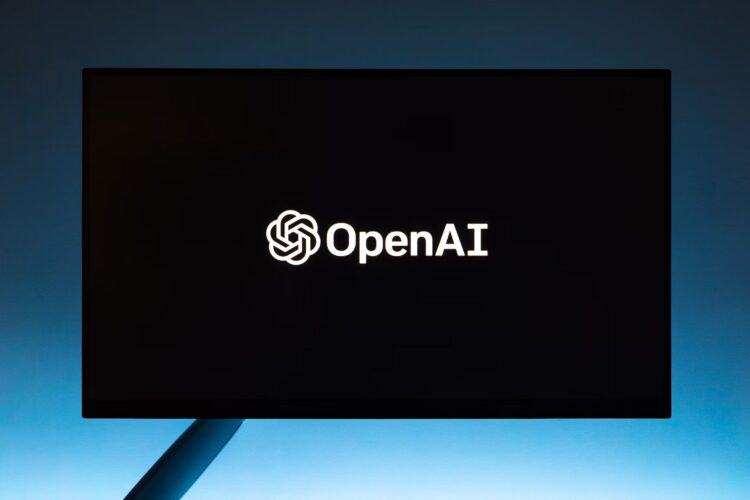OpenAI has updated its ChatGPT app for macOS, enhancing its functionality to read and interact with more third-party applications, including Apple Notes, Notion, and various IDEs. This update expands capabilities that enrich user interaction and productivity.
New features and supported apps in ChatGPT for macOS
The latest version of ChatGPT for macOS introduces significant enhancements, enabling users to receive assistance directly from more applications. The software can now access content in popular productivity tools like Apple Notes, Notion, and Quip. Additionally, the update has broadened support for integrated development environments (IDEs), including BBEdit, MatLab, Nova, Script Editor, and TextMate. Other IDE variants affected include VSCode Insiders, VSCodium, Cursor, and WindSurf, plus a comprehensive scope of JetBrains IDEs such as Android Studio, IntelliJ IDEA, and PyCharm.
Previously, ChatGPT’s app only supported limited applications such as Xcode, TextEdit, and iTerm 2. The current modifications permit users to request that ChatGPT read code from their projects in real-time, pushing the boundaries of user-friendliness by removing the need for manual data entry. The functionality allows ChatGPT to read from multiple sources simultaneously, benefitting users who work across several development tools.
From a privacy perspective, OpenAI assures users they have control over which applications ChatGPT can access. The platform emphasizes that users maintain the same privacy controls for the new feature as they do with existing conversation histories, addressing potential concerns about data security.
Advanced Voice Mode and interactions
In addition to its remarkable reading capabilities, the macOS version now features Advanced Voice Mode. This innovation allows users to converse with ChatGPT using voice commands, facilitating seamless interaction without requiring users to switch between different applications. While working in an app, users can engage ChatGPT to draft an email, brainstorm concepts, or assist in troubleshooting lines of code just by speaking aloud.
The “Working with Apps” feature enhances ChatGPT’s utility, particularly for developers. By giving ChatGPT access to coding applications like Warp, users can leverage it to analyze and suggest improvements for complex code structures instantly. The firm showcased this by demonstrating how users can request specific code snippets to be written in Xcode, highlighting how the software aids in practical tasks beyond text interaction.
The app doesn’t limit itself to coding, however. Users can benefit from ChatGPT’s capabilities in non-coding applications as well, allowing it to generate content in tools like Apple Notes and Notion seamlessly. This encompasses writing, organizing thoughts, or even conducting research to support users in tasks such as trip planning or project development.
Access and availability for users
ChatGPT’s integration with third-party apps is currently exclusive to ChatGPT Plus, Pro, Team, Enterprise, and Edu subscribers. Free users remain in a waiting pattern, with no indication of when they might gain similar functionalities. This tiered access underscores OpenAI’s focus on enriching the user experience for paying subscribers while expediently leveraging advanced features for productivity.
The macOS app is available for download via OpenAI’s website. While the macOS interface has been enriched and made more interactive, users running Windows can expect a corresponding update in the near future. OpenAI has yet to specify a timeline for this rollout, leaving some users anticipating improvements in how they interact with the app across platforms.
Featured image credit: Andrew Neel/Unsplash





